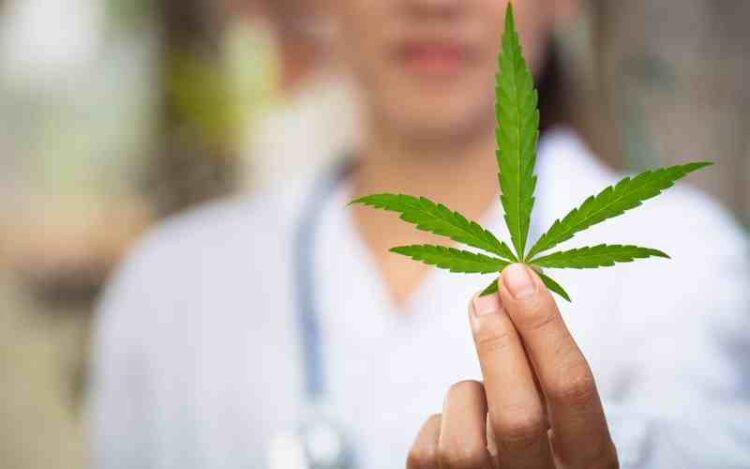The Rhode Island Department of Health has initiated a new digital approach, enabling state residents to apply for their medical cannabis card through an online system. The Rhode Island Cannabis Licensing Portal officially launched on June 1, serving both new applicants and existing cardholders.
This online platform, known as the Rhode Island Cannabis Licensing Portal, facilitates the renewal of cards, updating of personal details, and other necessary modifications for current holders. It also serves as the application medium for newcomers seeking a medical marijuana card.
A press release on June 1 heralded the system’s start, highlighting the transition from an entirely manual, paper-based system to this new digital portal, promising a decision turnaround within 35 days of application submission.
According to the release, the Department plans to gradually eliminate postal notifications, though no specific endpoint was provided. “The Department will discontinue the mailing of registration reminders and renewal documents soon,” it noted. “Creating an online account is crucial for patients to receive important notifications and updates, including renewal alerts 60 days prior to card expiration.”
Rhode Island first allowed medical cannabis use in 2006, as detailed by Americans for Safe Access. Initially, the law permitted patients to have up to 2.5 ounces of cannabis, grow up to 12 plants, and designate two caregivers. Only eight medical conditions were eligible at the time, with the state lagging behind in establishing medical dispensary access. Dispensary licensing, halted in 2011 by Gov. Lincoln Chafee, resumed in 2012 with dispensaries opening by 2013. The list of qualifying conditions has since expanded, along with updated regulations.
Recreational cannabis sales started in December 2022. In its first week, despite only five retailers, the industry garnered $1.6 million divided between recreational ($786,000) and medical sales ($845,400). Between February and March, total cannabis revenue reached $8.7 million, with $3.3 million from medical sales and $5.3 million from recreational sales.
By December 2022, the medical cannabis patient count stood at 15,062, dipping slightly after the introduction of recreational cannabis. January saw 14,590 registered patients, rising marginally to 14,673 in February before falling to 13,691 in March.
Governor Dan McKee, who signed the bill for recreational cannabis in May of that year, lauded the state’s strategic expansion into recreational use. “This legislation aligns with our goals of ensuring equity, control, and safety in the legalization of cannabis,” McKee stated. “It also facilitates the automatic clearing of previous cannabis convictions, a provision my Administration initially proposed and one that the Assembly rightfully emphasized. This represents a significant benefit to our community both socially and economically.”
Moreover, in May, McKee appointed three members to a new regulatory board tasked with overseeing the regulation, licensing, and oversight of both medical and recreational cannabis use in Rhode Island. Kimberly Ahern, the newly appointed chair, expressed enthusiasm about progressing the effective regulation already established. “The initial six months of adult-use have proven successful, and I am eager to help steer this industry forward in a way that is safe, transparent, and equitable,” Ahern remarked.
CHECK THIS: Minnesota Legalizes Recreational Cannabis, Becomes 23rd State
New York to Launch Cannabis Farmers Markets in One Month









